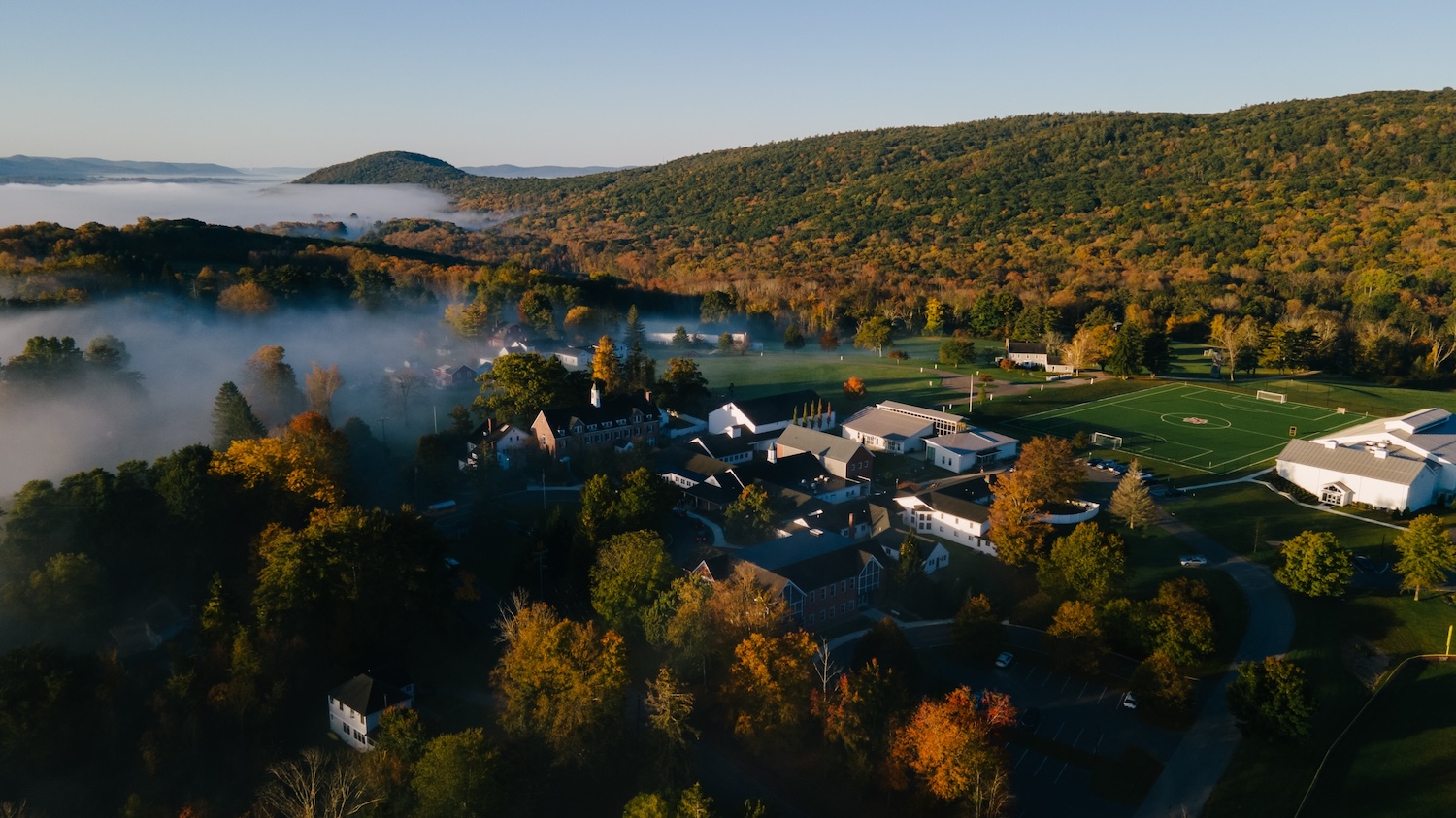Fifth Writing Workshop

Meeting once a week, Fifth grader use writing workshop as a supplement to their English class to continue to build their developing writing skills.

Meeting once a week, Fifth grader use writing workshop as a supplement to their English class to continue to build their developing writing skills.
In Latin II, students continue to build upon their foundations of grammar and vocabulary. They learn dependent uses of the subjunctive mood while expanding their understanding of the uses of nouns. Gerunds, gerundives, and new grammatical constructions are also practiced. Students use Ritchie’s Fabulae Faciles as their reading text and review and learn new grammar using the Learn to Read Latin workbook. In Latin II, students read translations of Greek myths in Latin. In the spring term, students will explore excerpts of Latin from classical authors, as they begin the transition to reading authentic Latin literature.
This website uses cookies so that we can provide you with the best user experience possible. Cookie information is stored in your browser and performs functions such as recognising you when you return to our website and helping our team to understand which sections of the website you find most interesting and useful.
Read our full privacy policy for more information.
Strictly Necessary Cookie should be enabled at all times so that we can save your preferences for cookie settings.
If you disable this cookie, we will not be able to save your preferences. This means that every time you visit this website you will need to enable or disable cookies again.
This website uses Google Analytics to collect anonymous information such as the number of visitors to the site, and the most popular pages.
Keeping this cookie enabled helps us to improve our website.
Please enable Strictly Necessary Cookies first so that we can save your preferences!
Comments
There are no comments yet. Be the first to add something!